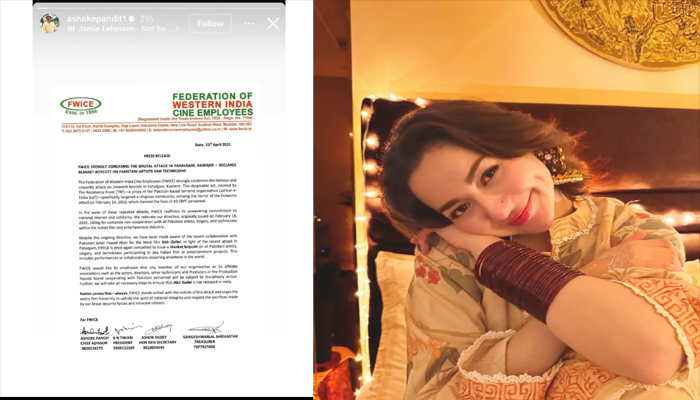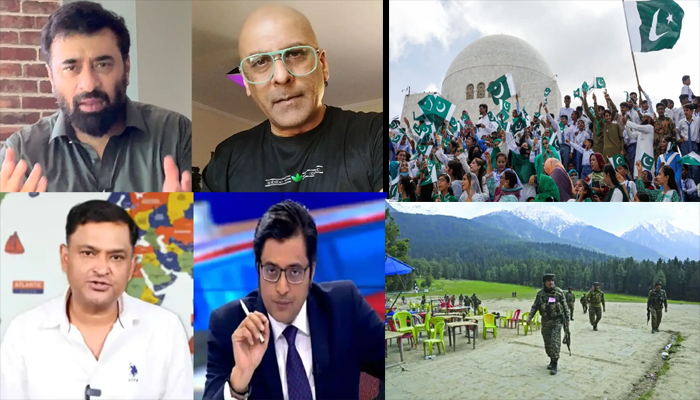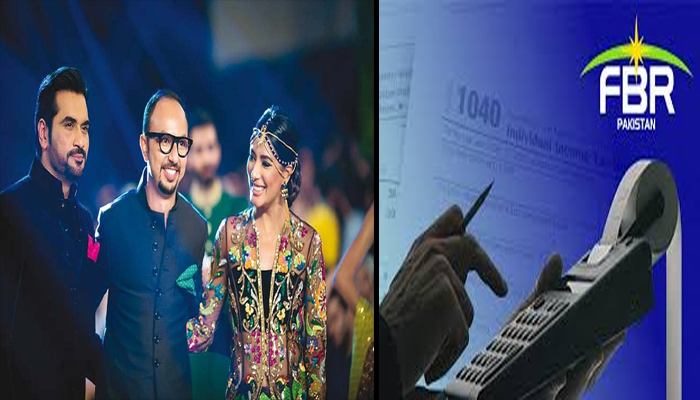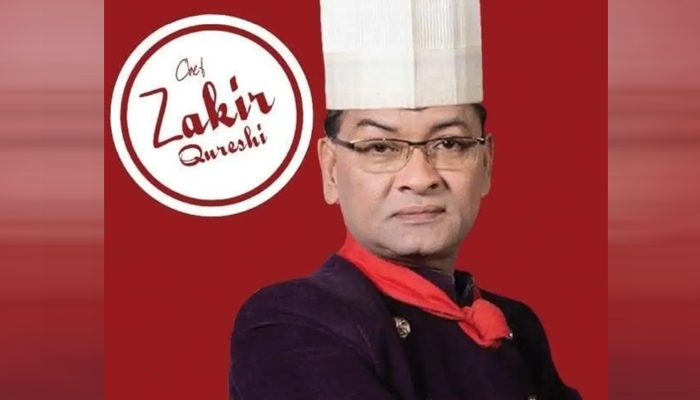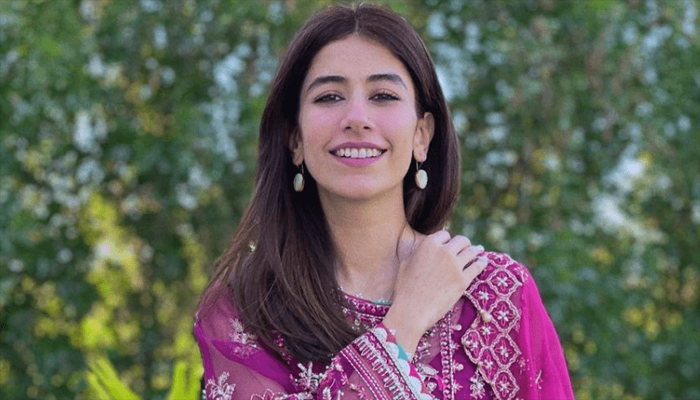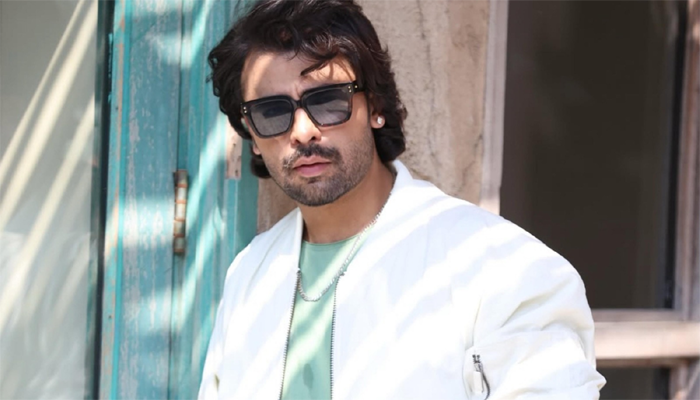Pakistani artists, who have long been a part of the Bollywood industry, are once again facing a ban in India due to escalating political tensions between the two countries. Over the years, artists like Zeba Bakhtiyar, Nusrat Fateh Ali Khan, and Mohsin Khan have worked in Indian cinema, and in recent years, actors like Fawad Khan and Mahira Khan have garnered significant attention in Bollywood. However, the relationship between Pakistan and India has soured over time, with political issues causing major disruptions in cultural exchanges.
The latest development follows the recent terrorist attack in the Pahalgam area of Indian-administered Jammu and Kashmir, which led to the loss of 26 lives. In the wake of the attack, Indian media quickly blamed Pakistan without providing any concrete evidence, reigniting nationalist sentiments and increasing hostility. In this charged atmosphere, Pakistani artists who were set to return to Bollywood projects have once again found themselves targeted.
Hania Aamir, a rising star in Pakistan, was among those poised to make her mark in India, with reports suggesting she was scheduled to star alongside Diljit Dosanjh in the Punjabi film Sardaarji 3. However, the political backlash has led to a renewed call for a ban on Pakistani artists, with many Indian groups voicing their opposition. As the demand for the ban grows, it threatens the prospects of Pakistani stars hoping to work in the Indian film industry.
The Federation of Western India Cine Employees (FWICE), a key organization in India’s film industry, has officially issued a statement calling for a blanket ban on Pakistani actors, musicians, and technicians. The statement also highlighted their desire to stop Fawad Khan's film Abir Gulal from releasing in India. This move further complicates the already strained cultural relations between the two countries.
Fawad Khan, who has enjoyed a successful career in Bollywood with films like Khoobsurat and Kapoor & Sons, is at the center of the controversy. His involvement in the Pakistani entertainment industry has made him a prime target for those who advocate for severing ties with Pakistan's cultural exports. His fans, however, continue to support him, urging that political differences should not overshadow artistic talent.
This latest ban is part of a larger pattern of restrictions on Pakistani talent in India, which have come and gone over the years depending on the political climate. The continued hostility leaves many artists in both countries caught between the desire to pursue their craft and the pressures of nationalistic sentiments that seek to silence them.

